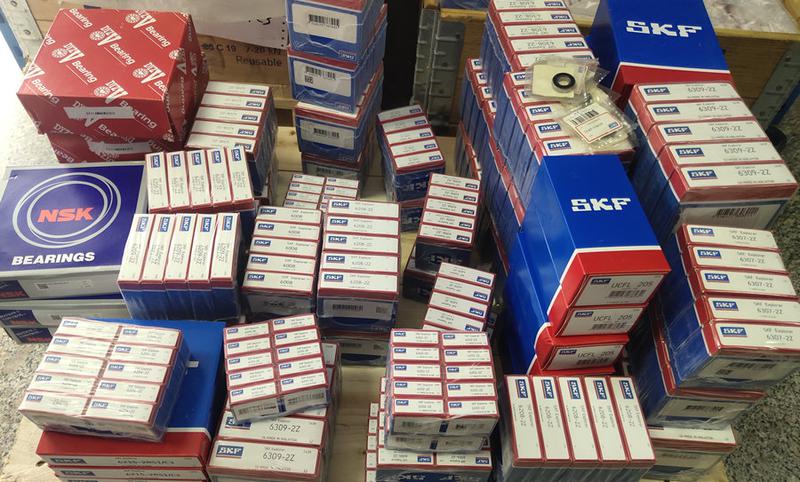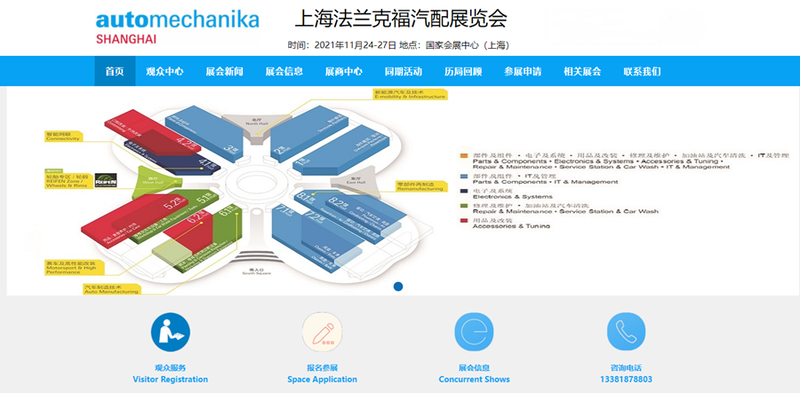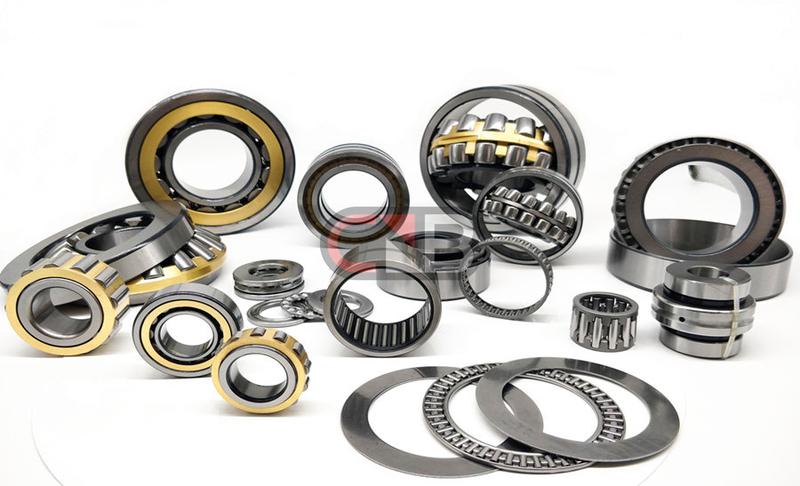Bearing Trade Under The Pandemic
China’s bearing trade has grown “savagely,” and its export volume has increased twenty-fold in the past two decades. It was not until 2019 that there was a decline in bearing export volume for the first time. More than a dozen large-scale bearing factories emerged in China during this period, with an annual export volume of more than 1 billion U.S. dollars. At the same time, a large number of low-quality and even fake products were exported abroad, which left many foreign customers with the impression that Chinese bearings were cheap and low-quality, which has been carried forward today.

Let's read the history of the world industry. We will find that Germany in the mid-nineteenth century and Japanese industry in the 1950s were also rampant with fake goods and substandard quality. However, through decades of hard work, they successfully reversed the image. Today's German and Japanese products are considered synonymous with high quality. China's bearing industry is currently in a transitional stage.
On the one hand, our manufacturing technology has reached the advanced international level. Most of the largest bearing manufacturers of the world's major bearing brands are located in China. On the other hand, our bearings have left foreign customers with bad impressions: poor quality and low price, and many of them don't believe that we could make good bearings. This lousy impression requires us to take ten years or even longer to recover.
Because of the unsteadily quality of bearings, many buyers need to change suppliers frequently. They are always repeatedly entangled in price and quality; both time and money costs are high. In addition to the pandemic factor, our customers have no way to come. To reduce risks, they are more willing to cooperate with old suppliers. Nowadays, the bearing trade with China is no longer a problem of finding suppliers, but too many suppliers, and it isn't easy to find suitable and reliable suppliers from them.
Before the epidemic, the trade model of bearings was more inclined to customers looking for suppliers through the exhibition. Many customers would directly inspect the factory after the exhibition or notify the suppliers to send samples before the exhibition. This is the safest way to do so. Since 2020, China's large-scale bearing exhibitions have been delayed or canceled, leading to the disconnection of this most stable bearing supply chain. In this case, some of the new bearing companies suffer the most. They do not have purchasing personnel based in China, and they do not have long-term cooperative factories. They need to find suppliers through the Internet or agents.

It is a better way to look for a Chinese agent. They can help customers inspect the factory and purchase bearings according to the customer’s standards. But the downside is that most of the agents don’t know much about the bearing industry. They can only make a rough judgment about a factory by its plant size, certificates, and appearance of the bearing. Indeed, customers can request a full inspection of the bearing or a third-party evaluation. Still, in general, the price of a factory that is confident to accept the inspection is much higher than that of a small factory. The majority of foreign customers are wholesalers, and only a small part of them understand or even participate in bearing production. Therefore, even if the customers inspect the factory themselves, they can only see the superficial things. More detailed technical parameters, such as the oxygen content of the chrome steel, accurate grinding degrees, the choice of heat treatment technology, the mold and the material of the cages, the choice of bearing grease, the grade of the steel balls, are not completely identifiable by the naked eye, they are more dependent on the manufacturers.
At present, many of CNB's orders are through sending samples to customers for testing. If the testing is passed, small orders will start. After the product quality of small orders is confirmed, the bid order will start the negotiation. During this period, a small number of customers with high-quality requirements will arrange for a third party to conduct quality inspections. This type of trade is more common during the epidemic and can reduce the risk to some extent.

In the future, the overall form of trade tends to be "Change foreign trade into domestic trade," and the same is true for the bearing industry. It is to directly place the bearing warehouse in the country where the customer is located to reduce its procurement risk. At present, Chinese bearing stores in foreign countries are still covered by ordinary products, have not entered the mainstream bearing market, and still need to continue working hard on branding.

